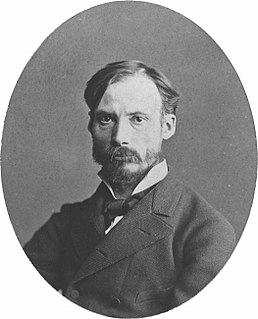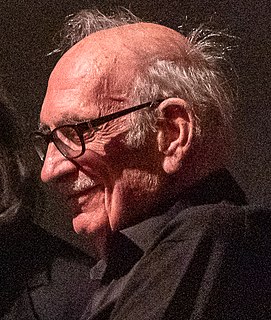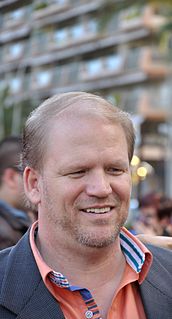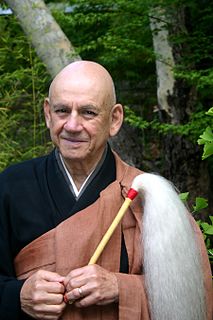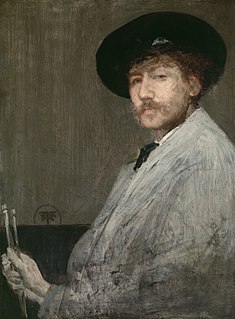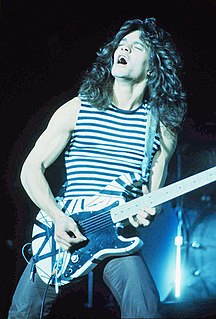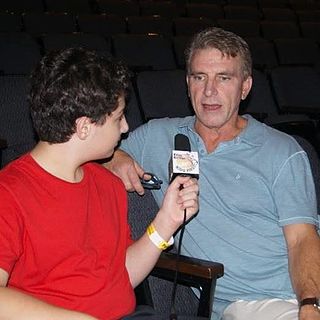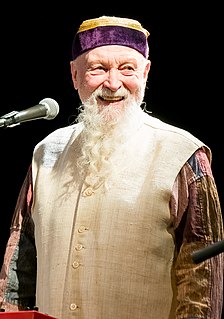A Quote by Anthony Davis
Time and rhythm are the most important elements in music. If both aren't well conceived, organized, and executed, no amount of notes will make the piece a meaningful artistic experience.
Related Quotes
You get notes from two studios and a network instead of a studio and a network. Although we early on forced them all to do their notes together. I make them all talk to each other first. Because we went through the pains of getting notes from ABC and at the time it was Touchstone, that were opposite - and then CBS notes that were opposite again. So it was, you guys are going to have to work it out as to what is the most important note.
The way we move within time is a kind of dance. We are always keeping time within one rhythm or another. Music, of course, is exemplary. One reason we love music so much is that it's so complete and the notes harmonize with one another in time to make a beautiful, ideal statement; not like our daily life where the rhythms are more subtle or hard to find or are constantly being interrupted or changed in ways that aren't so easy to handle.
Anarchism means all sort of things to different people but the traditional anarchists' movements assumed that there'd be a highly organized society, just one organized from below with direct participation and so on. Actually, one piece of the media confusion has a basis because there really are two different strands in the occupy movement, both important, but different.
Nature contains the elements, in colour and form, of all pictures, as the keyboard contains the notes of all music. But the artists is born to pick, and choose, and group with science, these elements, that the result may be beautiful - as the musician gathers his notes, and forms his chords, until he brings forth from chaos glorious harmony
Most beginners want to learn lead because they think it's cool .. consequently, they never really develop good rhythm skills .. since most of a rock guitarists time is spent playing rhythm, it's important to learn to do it well .. learning lead should come after you can play solid backup and have the sound of the chords in your head
Just concentrate on the performers. Make sure you get the performers, and that's it. That's all we need to do." And I was thinking, "Well what if you do both? Of course the performance is important, the writing is really important. But what if you could have the perfect marriage of making it look really slick as well?" I think that's kind of what I tried to develop as a style, and Spaced was the first TV show I did where all the elements came together.
It's always difficult to define what jazz is or what jazz isn't. To me, the only definition that I can think of is it's music where a lot of different elements are played at the same time. The harmonic, the melodic... You're pushing the boundaries on every level. That could be true of rhythm and blues as well. I'm a musician.
When we experience a film, we consciously prime ourselves for illusion. Putting aside will and intellect, we make way for it in our imagination. The sequence of pictures plays directly on our feelings. Music works in the same fashion; I would say that there is no art form that has so much in common with film as music. Both affect our emotions directly, not via the intellect. And film is mainly rhythm; it is inhalation and exhalation in continuous sequence.

